Mali
Malians go to the polls on Sunday in a vote that marks an important step forward for Mali, a landlocked country in western Africa that is home to almost 19 million people.
Mali has been in turmoil since Tuareg rebels and loosely allied jihadists seized its desert north in 2012, prompting French forces to intervene to push them back the following year.
A 2013 poll won by president Ibrahim Boubacar Keita marked a return to democratic rule, with Keita, but the security situation in the country has since deteriorated, especially in the North.
As part of our coverage of the process in our Africa Elections slot online, Africanews presents ten top facts as relates to the elections.
#1 – Eighth presidential election
This will be the eighth presidential election in Mali and the second since the 2012 coup d’etat that broke down constitutional rule.
#2 – 23,041 polling stations, 8,461,000 voters
Polls will open at 08:00 GMT and close at 18:00 GMT. There are 23,041 polling stations across the country, while a recent audit showed that the number of registered voters stands at 8,461,000.
#3 – Presidential election
The Sunday vote is a presidential election, where voters will only choose the head of state while the municipal elections are expected to be held at the end of the year.
#4 – The President of Mali is elected by absolute majority vote using the two-round system
A candidate needs to secure 50 percent-plus-one of the votes cast to secure an outright victory. Short of that, a second round of vote pitting the top two candidates will be held on August 12.
#5 – There are 24 candidates vying for the presidency
On 4th July, the Constitutional Court validated 24 candidates to run in the July 29 presidential race. Six applications were rejected.
#6 – Incumbent president and opposition leader are front runners
Mali’s incumbent president Ibrahima Boubacar Keita, who took office in 2013, and opposition frontrunner Soumaila Cisse are expected to be the two main candidates in the July 29 polls. Keita defeated Cisse in the 2013 polls with a landslide victory (77%) in the second round of the vote.
#7 – One female candidate out of 24
Mrs Kanté Diébou N’Diaye , who is the only female candidate in the field of 24 presidential hopefuls says ‘what a man can do, a woman can do…the only differences, barriers or limitations are those we create for ourselves’.
#8 – Insecurity threat
Violence in north and central Mali is so widespread that some Malians doubt the election will be held in some parts, though the West African country has a long history of relatively peaceful elections.
#9 – Voters’ issues
The three weeks campaign has been dominated by a disenfranchised youthful population, the raging Islamist insurgency in the north and inter-ethnic clashes between Tuaregs and Fulanis that have left several people displaced.
#10 – Role of the international community
More than 80 election observers from the European Union will be present for the polls, while France, Mali’s former coloniser and the United Nations will be relied on to help secure the election and a likely tense aftermath of the electoral result.
Click here for all the election news on our Africa Elections page



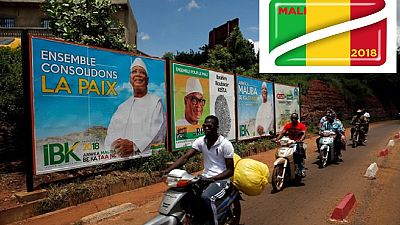


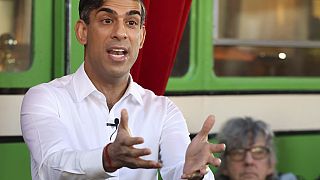
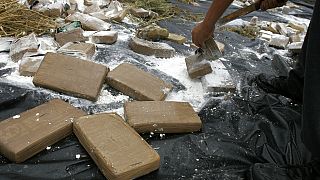
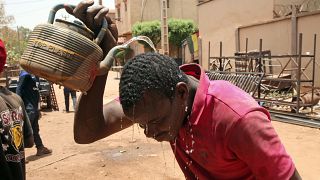
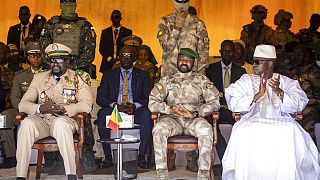
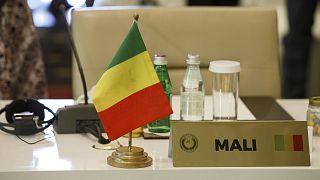
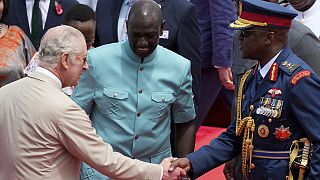
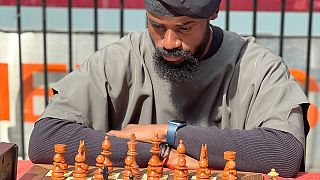
01:05
Niger signs deal to supply Mali with cheaper diesel
Go to video
How South Africa's former leader Zuma turned on his allies and became a surprise election foe
00:48
Corpses found adrift in boat off Brazil likely migrants from Mauritania, Mali - Police
01:08
SA poll body seeks clarification from Constitutional court on Zuma's eligibility
00:52
Togo delays legislative and regional polls until Apr. 29
02:07
South Africa: What strategy for Zuma after court win?